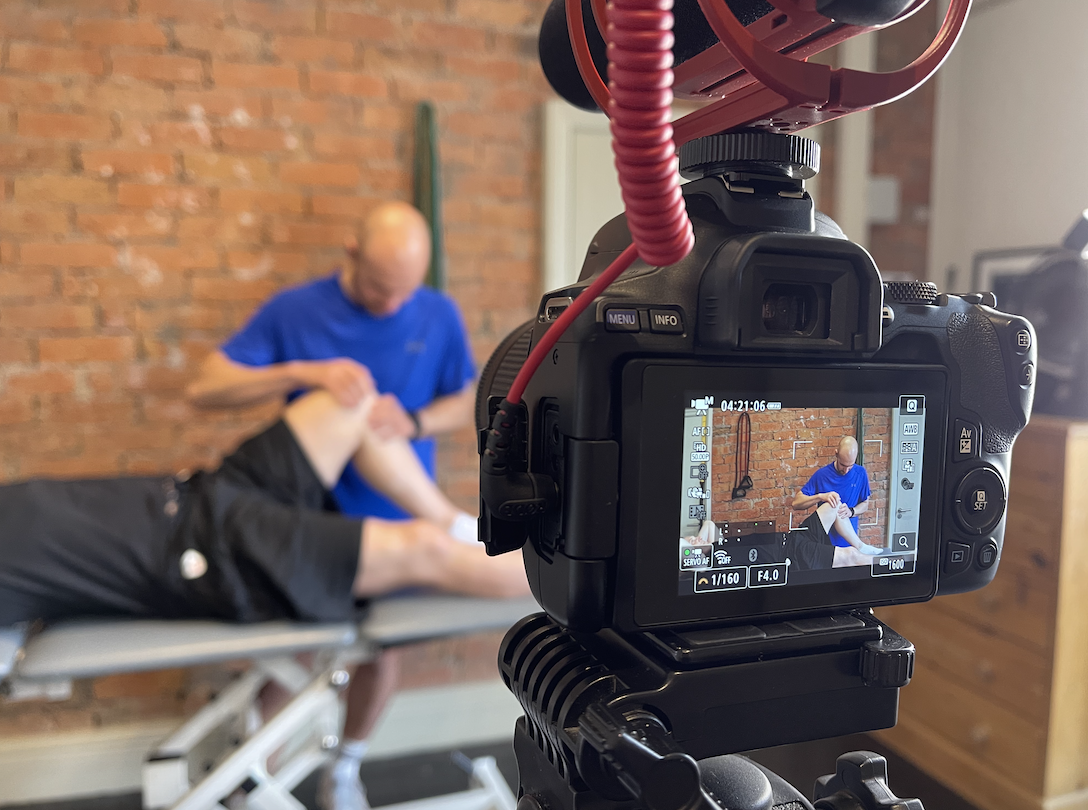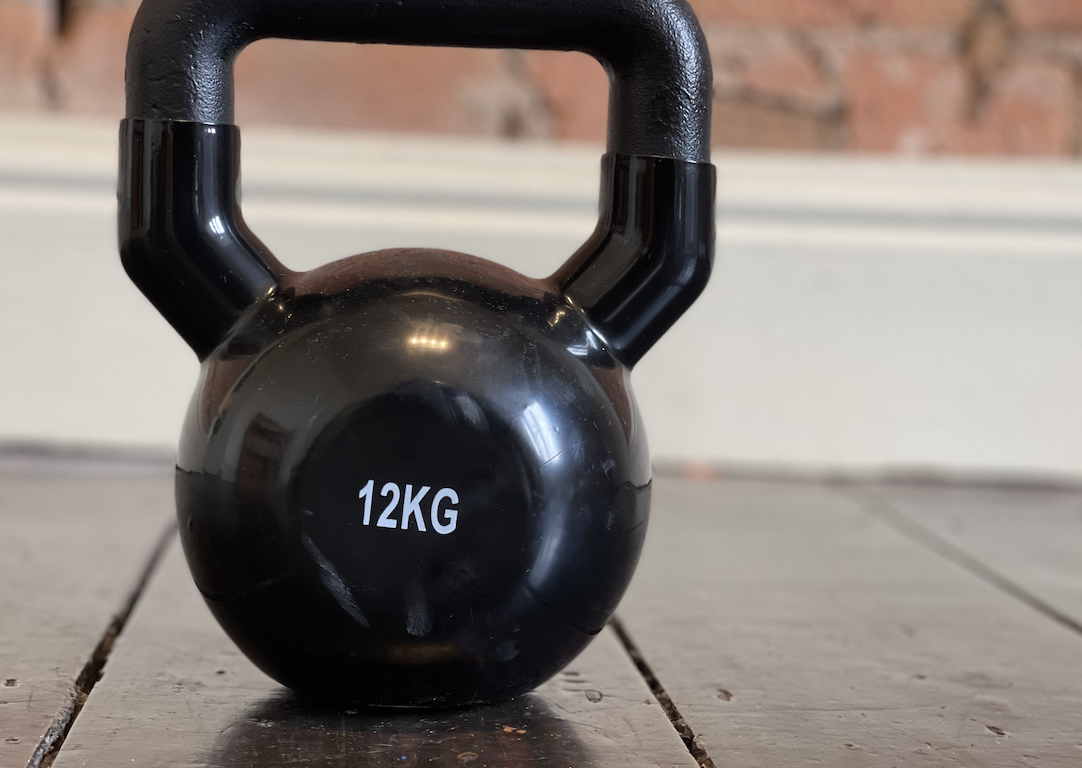BLOG: What's the difference between a sports therapist and a physiotherapist?
By Tom Heeley (MD Optimum)
It is a question we often get asked and one that is always hard to answer.
Although both occupations share the word ‘therapist’ in their name, sports therapy and physiotherapy are not the same thing.
They are two completely different healthcare professions, and, in this blog we’ll explain the differences between the two, so you can assess which one would be better suited to your needs.
A sports therapist treating a knee injury.
Stereotypically, physiotherapists tend to work within the NHS or in private practices.
Meanwhile, sports therapists often work alongside athletes.
So, what is Sports Therapy?
As defined by The Society of Sports Therapists, “sports therapy is an aspect of healthcare that is specifically concerned with the prevention of injury and the rehabilitation of the patient back to optimum levels of functional, occupational and sports specific fitness, regardless of age and ability.”
The main job of a sports therapist is to be able to prevent and rehabilitate musculoskeletal conditions that occur from sporting activity or from general lifestyle. They can also elevate a regular member of the public or an injured athlete to someone that is capable of performing at their optimal level, whether this be in competitive sport or in day-to-day life.
OK, well I thought physiotherapists did that too?
They both have similar skill sets as they both require the therapist to be educated to degree level. Both professions are able to create treatment and exercise plans specific for the individual, to reduce (where possible) pain levels, complete comprehensive injury assessments and give diagnosis and to also perform soft tissue treatments. This includes massage, manual therapy, and exercise.
However, whilst sports therapists are trained predominately in musculoskeletal conditions, physiotherapists are trained in many more, such as neurology, respiratory, and cardiovascular areas.
Physiotherapists are experts at getting people back to safely completing day-to-day tasks, whereas sports therapists will aim to get people back to their pre-injury level of activity.
A 12 kilogram dumb bell
The majority of the sports therapy degree is based around the common musculoskeletal injuries that will be presented to us and the how they can differ from person to person.
This gives us a vast and versatile range of knowledge when it comes to diagnosing and treating. Sports therapy is a lot more hands on than physiotherapy as we like to test the muscle, whether that’s by range of motion or strength, massage the affected area, stretch the tissues around the injury and to mobilise those stiff joints.
How do I know if I’m going to a good Sports Therapist?
Unfortunately, the title ‘sports therapist’ is not a regulated profession in the UK. This means that anyone can call themselves a sports therapist. This can be frustrating for both the practitioner and a member of the public when trying to find a professional therapist.
This means you should carefully check that your therapist is qualified and has the right insurance before you book in for any treatment with them. If your sports therapist has a related degree, you can be certain they are qualified and have the knowledge needed to practice.
At Optimum Derby, all our sports therapists are trained to degree level and are all insured by a reputable governing body, so there’s no need to worry about their standards of knowledge or professionalism.
Conclusion
There is not a huge difference between a sports therapist or a physiotherapist in terms of them both being qualified to help support your recovery from injuries or aches and pains. It’s very much down to personal preference who you would rather see.
Sports therapy can be for anyone. It doesn’t matter whether the only exercise you do is walking to the fridge or that you run a 10k daily, if you have an injury or a niggle that doesn’t seem to be going away, our sports therapists have the skills to help you out.
If you have any more questions about this topic please give us a bell and we can have a chat.
READ MORE: Blog: How to avoid ‘bonking’ while cycling
READ MORE: Blog: Why do we train deceleration after ACL injuries


